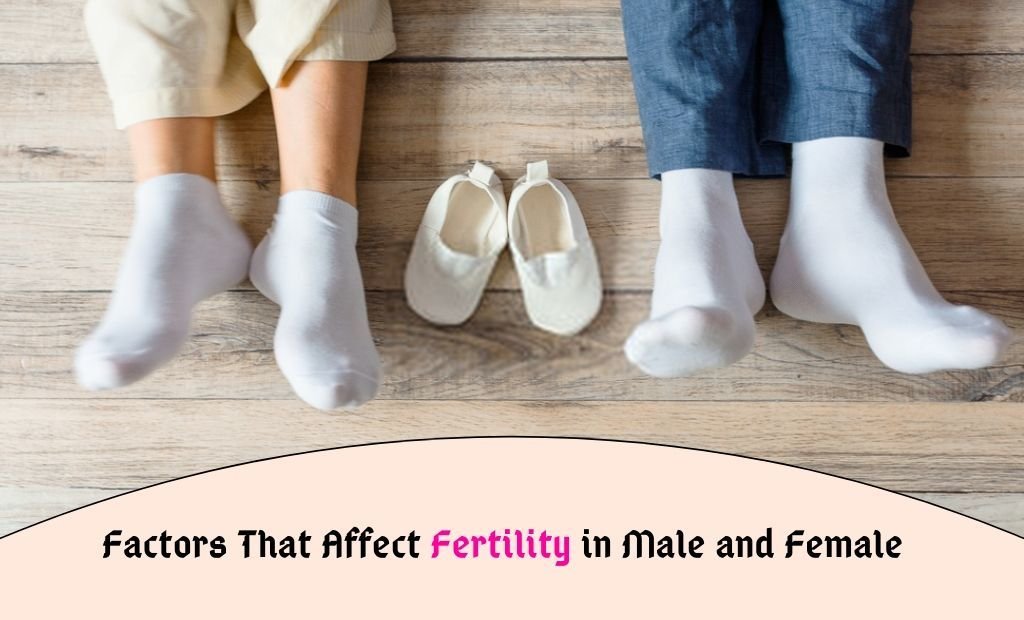Factors That Affect Fertility in Male and Female
13Jan
A myriad number of individuals across the world suffer from infertility, but the factors affecting their fertility might be as diverse from each other as they possibly could be.
Some factors that affect a female’s fertility are as per the following:
- Obesity: High levels of body fat can cause an imbalance in estrogen levels.
- Being underweight: If your body fat levels are 10-15 % under normal standards too, your reproductive system could be affected.
- Age: As you age, your chances of getting pregnant declined. Post your mid-thirties, your fertility starts to dip.
- Lifestyle: Poor eating habits, lack of sleep, inactive lifestyle and stress could affect your fertility enormously. Additionally, smoking, consumption of alcohol, drugs, and eating a lot of junk food could affect your fertility levels.
- Stress: Lack of confidence, depression, poor social behavior, anxiety and stress all affect your fertility. This affects both men and women.

There are additionally health problems that can affect a woman’s fertility. These include:
- Immune system issues, wherein the immune system of the body attacks ordinary tissues. Such a reaction causes a rejection of the egg and prevents implantation. These disorders additionally affect sperm.
- Endometriosis, which is a condition wherein the cells that line the endometrium grows outside the uterus.
- PCOS (Polycystic Ovary Syndrome), which is one of the most common reasons for infertility. PCOS can hamper egg release.
- Uterine fibroids are tumors (not cancerous) in the uterus, which can affect fertility.
- Other factors that affect a woman’s fertility are her inability to ovulate, structural issues in the reproductive system, failure of the egg to mature, and implantation issues.
Male infertility factors:
There are many factors that affect male fertility including:
- Blockage in the tubes that carry sperm. The blockage could have been caused by groin-related surgery, sports injuries or some sort of infection.
- Low sperm count is among the most common reasons for male infertility.
- Erectile dysfunction, premature ejaculation and failure to ejaculate are also causes.
- Hormonal issues such as overproduction of the hormone called prolactin, produced by the pituitary gland, could be a factor.
- A range of health problems such as high blood pressure, diabetes, kidney disease, neurological issues, and lifestyle factors such as stress, drugs and alcoholism are other factors.
Look for help if you have had any issues, you could seek advice from an infertility hospital in Ahmedabad. Both partners need to be supportive of each other and make sure to follow suggestions and advice given as a part of infertility treatment in Ahmedabad. Sometimes, little changes in lifestyle could help, while at other times, medication and surgery might be required.
Source:- Get Livepost
Comments
